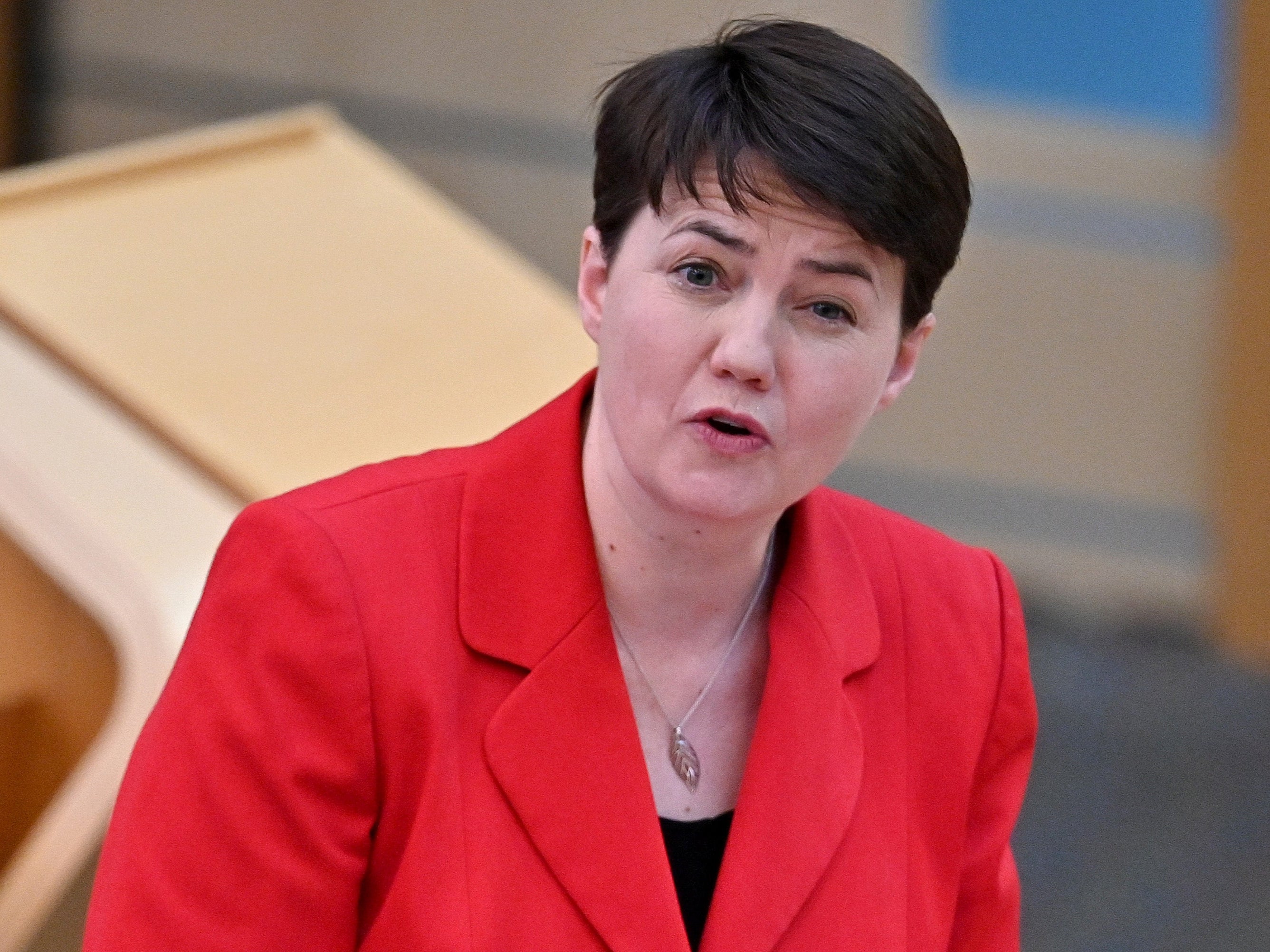Is Boris Johnson going to reverse the cut in foreign aid?
Conservative rebels in parliament claim to have the numbers to force a government U-turn, writes John Rentoul


The rebellion in the Conservative Party against the cut in the foreign aid budget is gathering pace, with Ruth Davidson, the party’s former leader in Scotland and soon to be a peer, warning against being seen as the “nasty party” if the government persists in the reduction.
It seems that Boris Johnson will be unable to avoid a vote in the Commons on the issue after he was warned by Lindsay Hoyle, the speaker, that it was wrong for the government to deny MPs a vote on such an important issue. What the speaker did not add is that the government is likely to lose such a vote, because there are about 50 Tory MPs, including former prime minister Theresa May, who want to restore the cut.
However, it is too late to avoid the reduction in aid spending in this, the current fiscal year, because that has already been implemented by the new Foreign, Commonwealth and Development Office under orders from the Treasury. This year the budget has been cut to about 0.5 per cent of national income, rather than the 0.7 per cent target, which was set under the last Labour government and finally achieved when David Cameron was prime minister.
The question, therefore, is what will happen in the financial year beginning next April. Dominic Raab, the foreign secretary, insisted that the cut is temporary, because of the lockdown-induced financial emergency, and implied that it might be restored as soon as next year. But he, Johnson and Rishi Sunak, the chancellor, have refused to commit themselves to definitely doing so.
The deep mystery in all this is what Johnson really believes. I assumed that he doesn’t believe in much, and that he saw the cut in the aid budget as a way of showing the Treasury that he is not spendthrift with public money, while knowing that most voters will applaud and demand to know why the aid budget isn’t being abolished altogether.
But I have been told by someone close to the prime minister that Johnson is genuinely committed to “point seven”, as the target is known in Downing Street. When I suggested that he might see some electoral advantage in cutting the aid budget, I was told: “He’s just not that kind of Conservative.” The cut was Sunak’s idea and Johnson did not feel he could fight on every front at once.
Allowing his “Thatcherite” chancellor to cut £4bn from the aid budget is a strange way of showing the prime minister’s “genuine commitment” to the 0.7 per cent target, but Johnson is a contradictory character who is often hard to read. His haters thought it improbable, for instance, that he didn’t immediately sack Matt Hancock as health secretary because he is “too nice”, but it may be that there is some truth in that too.
In any case, as long as the 50 Tory rebels and the opposition parties are solid for the principle of restoring the 0.7 per cent target next year, it is hard to see how the government can avoid a binding vote in parliament some time between now and next April. In which case, Johnson might pre-empt it by announcing the restoration of the cut from next year. He will have saved a chunk of public money, while signalling somewhat ambiguously that he is on the side of the majority of the voters who oppose aid spending, and still be able to claim that he is fulfilling his manifesto promise.
Join our commenting forum
Join thought-provoking conversations, follow other Independent readers and see their replies
Comments
Bookmark popover
Removed from bookmarks